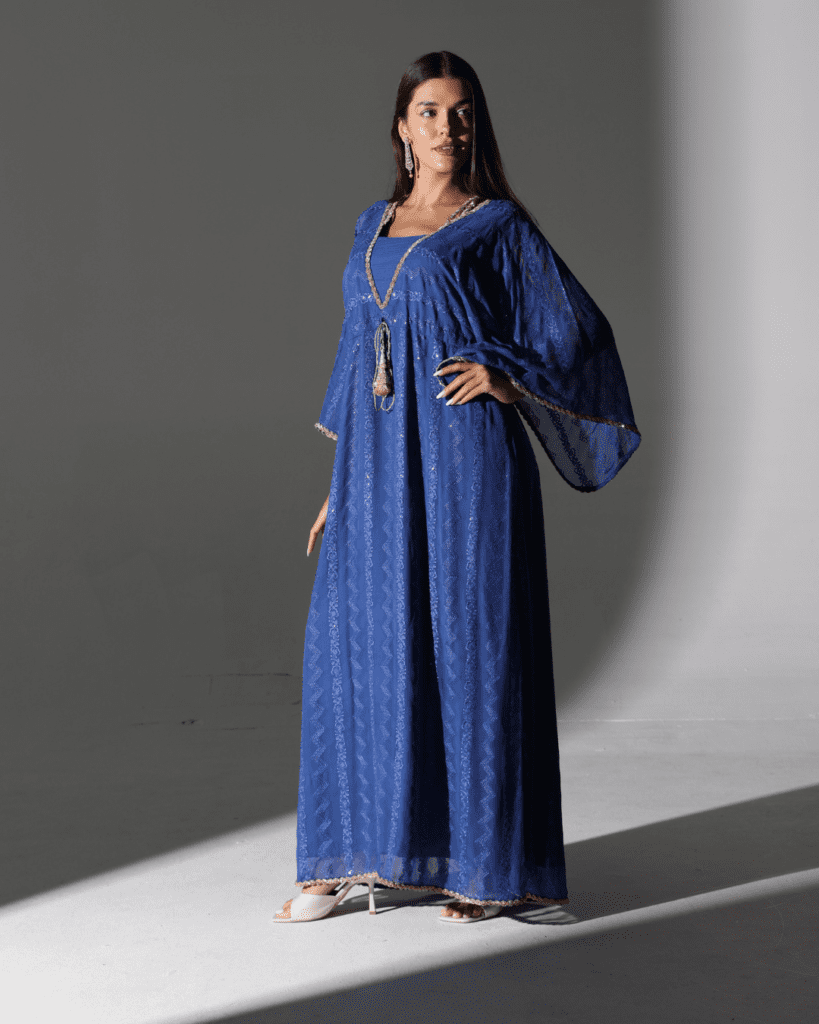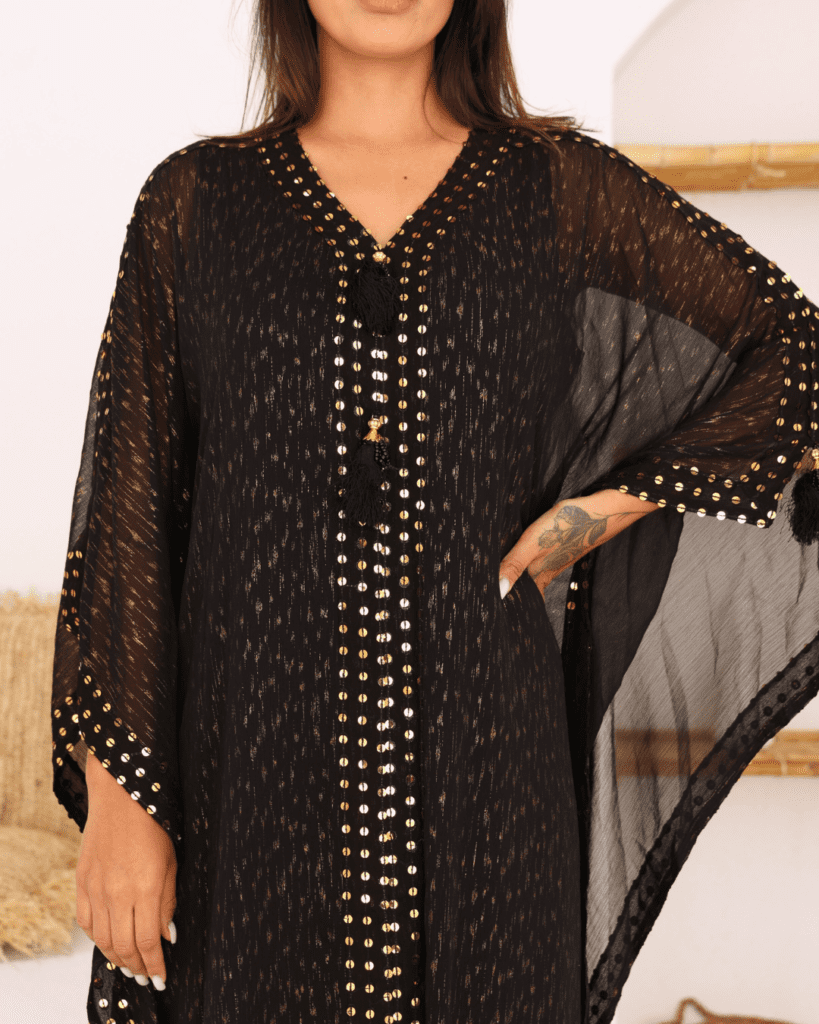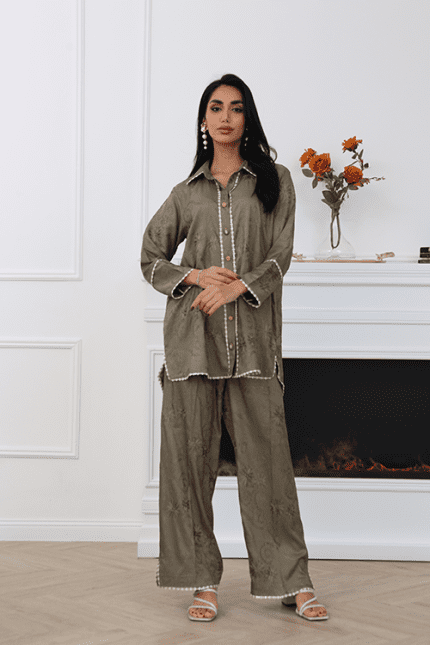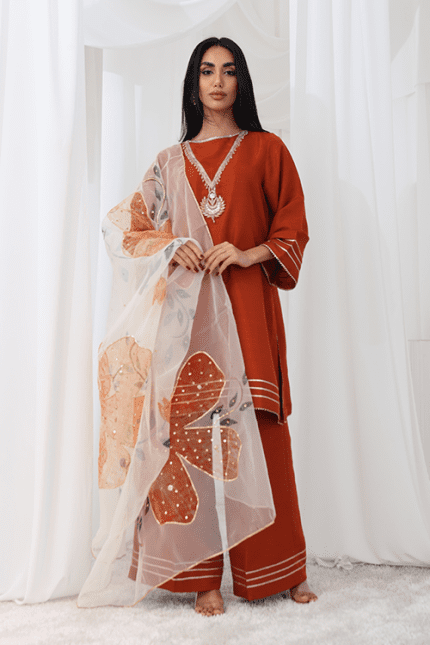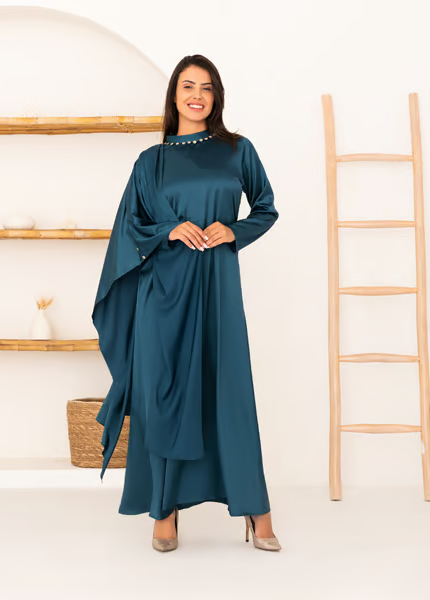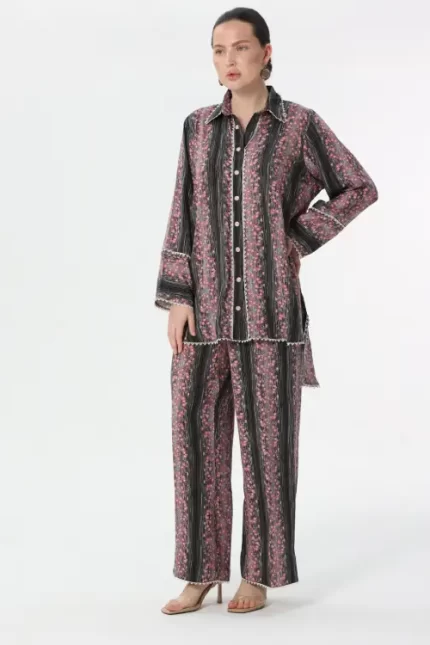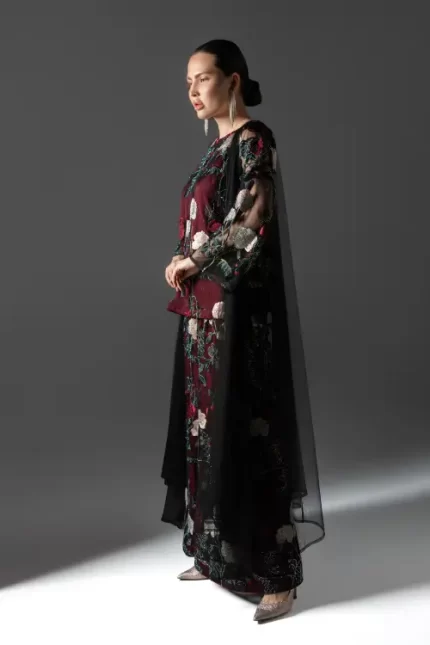Sustainability should be the core ethos guiding every decision when building a fashion brand in today’s climate-conscious era. Customers increasingly scrutinize how clothes are made and seek eco-friendly, ethical alternatives to fast fashion. Aspiring sustainable brands must embed responsibility across their entire business model – from materials sourcing to manufacturing.
True sustainability requires a holistic approach and long-term commitment. Here are key pillars to establish strong foundations.
Sourcing Sustainable Fabrics and Materials
A sustainably-positioned brand must start with eco-friendly fabric sourcing. Organic cotton, hemp, linen and lyocell use less water and chemicals than conventional crops and textiles. These natural fibers offer quality without depleting resources. Recycled polyester from plastic bottles gives new life to waste. Regenerated fabrics like Piñatex convert food crop byproducts into leather and silk substitutes. Responsible raw materials form the building blocks.
Vet suppliers thoroughly and partner with certified sources committed to ethics and ecological processing. For example, Fairtrade cotton supports farmers, while GOTS ensures strict organic standards. Traceability allows tracking origins and channels back to ethical farms and trade. The right materials and suppliers pave the path for fashion with integrity.
Ensuring Ethical and Eco-Conscious Manufacturing
Ethical, eco-friendly manufacturing practices are also non-negotiable. Choosing fair trade certified production partners guarantees safe working conditions and living wages for their artisans. When possible, producing locally reduces environmental impacts from shipping.
Manufacturing should minimize pollution and waste too. For example, innovative water recycling systems combat the immense water waste in fabric dyeing and garment laundering. Energy-saving processes, safe chemical management, and eco-packaging further reduce footprints. The most sustainable facilities implement closed-loop systems using renewable energy, reclaimed materials and zero waste principles.
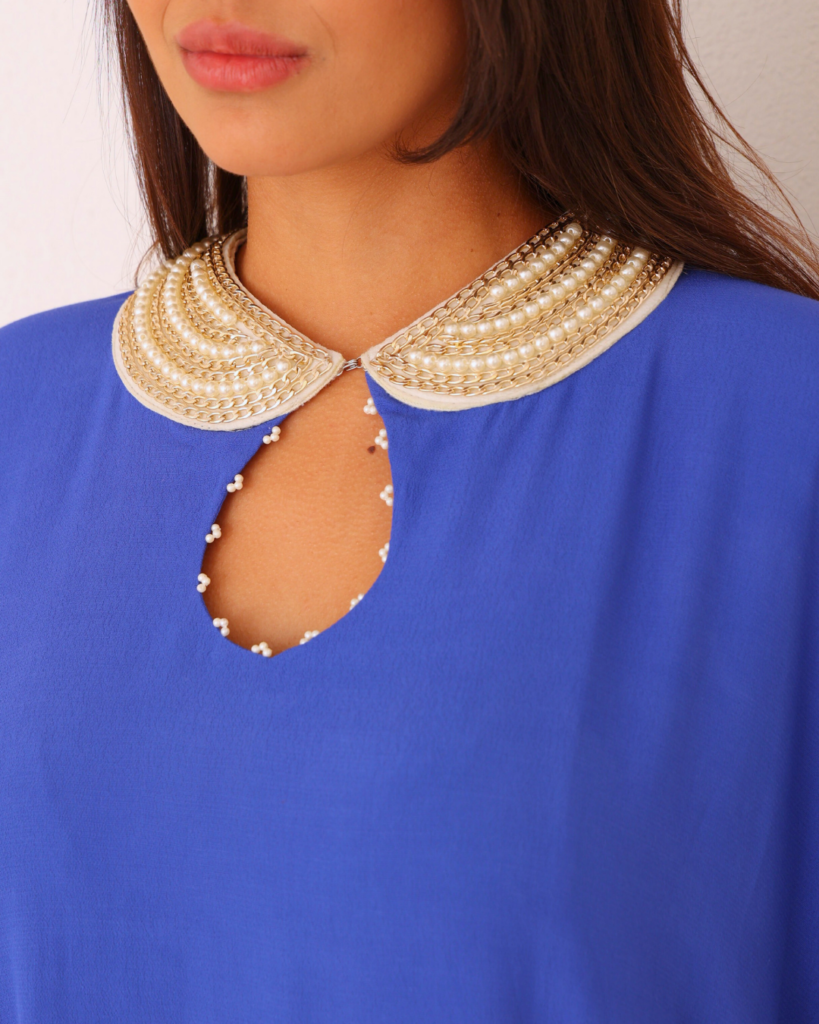
Building Radical Transparency
Building Radical Transparency in the Supply Chain
Fashion brands must take full accountability for their end-to-end supply chains. Shoppers demand transparency about the origins and ethics behind the products they buy. Sustainable companies trace and publicize details of their supply chains through supplier maps, sustainability reports and product hangtags. Third-party audits and certifications like B-Corp status provide credible validation.
Emerging digital technologies also help track goods back to raw materials, verifying claims. Supply chain transparency will become standard as consumers continue to scrutinize fashion.
Rethinking Production Cycles and Lifespan
Sustainability requires fundamentally fixing the broken fast fashion model centered on low costs, quick production and disposability. Brands should decelerate production and extend lifespans by creating durable, timeless and seasonless apparel designed for longevity, not obsolescence. Innovations like modular design for updating products and repurposing “waste” expand product use cycles. Post-consumer recycling, resale and rental models keep clothes circulating responsibly. The goal is maximizing utility, not fast profits and turnover.

Pioneering Sustainable Processes and Materials
True innovators push sustainability forward through material science and process innovations. For example, startups upcycle food crop waste and algae into revolutionary sustainable textiles. Others use technologies like nanocellulose to create recycled fabrics stronger than conventional polyester. Brands should continually explore and adopt such cutting-edge solutions to drive change.
Making Sustainability Core to the Brand Ethos and Identity
Ultimately, sustainability must be woven into the brand’s ethos – not treated as an afterthought. Consumers buy from brands whose values align with their own. An authentic commitment to ethics and ecological responsibility should be ingrained in the brand story and identity. Marketing simply clarifies the mission for customers who share those values. With foundations rooted in accountability, transparency and innovation, fashion can positively transform from within.
-
Satin Blush
AED 450 -
Olive Edit
AED 500 -
Amber Bloom
AED 600 -
Ocean Mist Gown
AED 800 -
Chic Cotton Linen
AED 300 -
Opal Lace
AED 1,000 -
Bold Floral Prints and a Sheer Net Cape
AED 1,000 -
Trendy Kaftan Shirt and Silk Pant Combination
AED 800 -
Printed Organza Three-Piece for a Regal Look
AED 600


